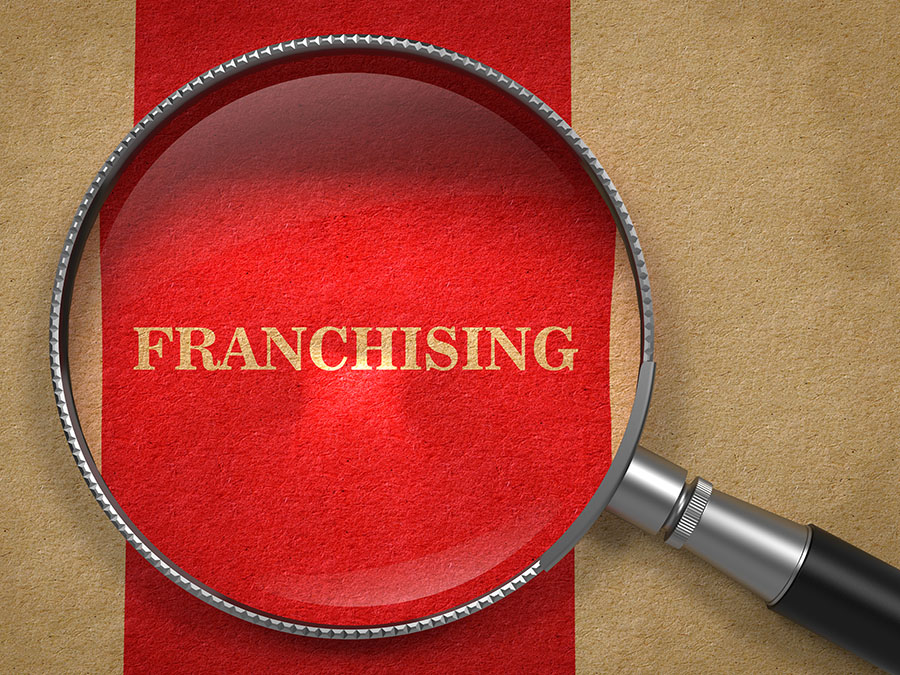Analysis of Territory Rights in Franchising
2015 Facts & Figures Report Published on June 01, 2015Share Tweet Share
Territory rights can be a critical component of a prospective franchisee’s decision to purchase a franchise.
Two types of territories are typically presented in the FDD;
Exclusive Territory in which the franchisor will not compete or allow others to compete. This must be disclosed in the FDD as an “Exclusive Territory” and must list the rights of non-competition. This territory does not always have the boundaries defined as they may be negotiated in the Franchise Agreement. An Exclusive territory effectively supersedes a “Protected Territory”, but some franchisors include both terms in their Item 12 disclosure.
Protected Territory is defined when certain protections are offered. However, some rights are reserved by the Franchisor, usually regarding other channels of distribution or proximity to the territory. This protection must be defined in the FDD. It is often disclosed as a “Protected Territory” with the Franchisor’s reserved rights defined. It also includes a statement such as “this territory is not exclusive due to certain reserved rights and the franchisee may have competition from other franchisees or company outlets”.
49% of all franchise systems provide some form of territory protection for franchisees.
Our analysis revealed the following results by franchise sector:
- The Real Estate, Retail Products and Services and Commercial and Residential Services franchise sectors provide the highest percent of Exclusive Territories
- The Lodging, QSR and Table/Full Service Restaurants sectors provide the lowest percent of Exclusive Territories
- The Retail Products and Services, Personal Services and Automotive Services franchise sectors provide the highest percent of combined Exclusive and Protected Territories
Not sure how much can you afford?
Fill out our Franchise Affordability Calculator


Voyage Franchising
Related Articles
A Study of Ongoing Fees Between 2013 and 2016
We have completed a study on the changes in Ongoing Fees in the franchise industry using our data from 2013 – 2016 to publish the report.
The Franchise Disclosure Document Shouldn’t be a Secret
A Franchise Disclosure Document (“FDD”) presents key components of the franchise program including the obligations of the franchisor and franchisees.
The Complication of Buildouts in FDDs
As franchise system development becomes more competitive franchise systems are employing a new strategy to grow their brand and increase franchise sales.
Historical Trends of Key Franchise System Metrics
The composition of the franchise investment differs in key areas such as: franchise fees, royalty rates, territory protections and Item 19 disclosures.
Maximize the Power of Data to Sell More Franchises
Data has become essential to having a successful franchise development team. Those that maximize the power of data will sell more franchises.
Item 20 Errors Reflects on Franchisor Performance
When reviewing an FDD, we always keep our eyes out for any errors. The error that is the most troublesome for us is when we see Item 20 errors.








